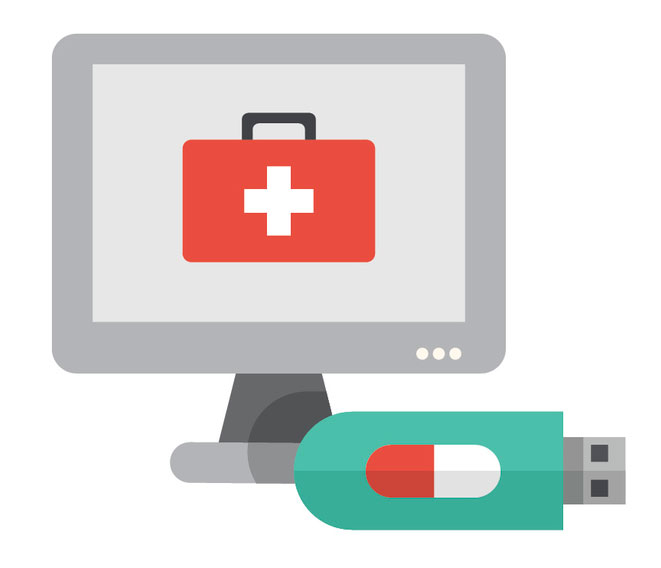


Studies have shown the following benefits resulting from or associated with the use of telehomecare:
Bui and his colleagues highlight the challenges and best practices of using telehealth for identifying and initiating early interventions of fluid overload in patients with heart failure. They found that telehealth improves care coordination and management of comorbid conditions, and helps increase patients’ capacity for self-management. All together, the benefits of telehealth may prevent recurrent hospitalizations and overall health outcomes for patients with heart failure.
Source: Bui AL, Fonarow GC. Home monitoring for heart failure management. J Am Coll Cardiol. 2012 Jan 10;59(2):97-104.
Yehle, Plake, Nguyen and Smith examined in 2016 the effect of home telehealth plus education by home healthcare nurses on health-related quality of life in patients with heart failure who had varying health literacy levels. In this pre-test/post-test study, 35 patients with a diagnosis of heart failure received home healthcare nurse visits, including education and home telehealth. Heart failure education was provided by nurses at each home healthcare visit for approximately 15 to 20 minutes. With home telehealth and home healthcare nurse visits, quality-of-life scores improved by the conclusion of home healthcare services.
Source: Yehle KS, Plake KS, Nguyen P, Smith D. Health-Related Quality of Life in Heart Failure Patients With Varying Levels of Health Literacy Receiving Telemedicine and Standardized Education. Home Healthc Now. 2016 May;34(5):267-72.
In a systematics review of studies using home telehealth for patients with heart failure, Bashi and colleagues in 2017 found that all-cause mortality and heart failure mortality were the most frequently reported outcomes in telehealth interventions for this population demonstrating its potential.
Source: Bashi N, Karunanithi M, Fatehi F, Ding H, Walters D. Remote Monitoring of Patients With Heart Failure: An Overview of Systematic Reviews. J Med Internet Res. 2017 Jan 20;19(1):e18. doi: 10.2196/jmir.6571.
Kurtz and colleagues found that even a home telephone based self-monitoring intervention can reduce hospitalization in patients with advanced heart failure.
Source: Kurtz B, Lemercier M, Pouchin SC, Benmokhtar E, Vallet C, Cribier A, Bauer F. Automated home telephone self-monitoring reduces hospitalization in patients with advanced heart failure. J Telemed Telecare. 2011;17(6):298-302.
A study by Danksy, Vasey and Bowles in 2008 examined the impact of telehealth on clinical outcomes in patients with heart failure. On average, patients in the telehomecare groups had a lower probability of hospitalizations and emergency department visits than did patients in the control group. Differences were statistically significant at 60 days but not 120 days. Results show a greater reduction in symptoms for patients using telehomecare compared to control patients.
Source: Dansky KH, Vasey J, Bowles K. Impact of telehealth on clinical outcomes in patients with heart failure. Clin Nurs Res. 2008 Aug;17(3):182-99.
Dang, Dimmick and Keikar examined in 2009 the evidence base for the use of home telehealth remote monitoring in elderly with heart failure and found that studies demonstrate the potential of home telehealth to reduce rehospitalization rates and the number of patient bed days.
Source: Dang S, Dimmick S, Kelkar G. Evaluating the evidence base for the use of home telehealth remote monitoring in elderly with heart failure. Telemed J E Health. 2009 Oct;15(8):783-96.
Peretz, Arnaert and Ponzoni conducted in 2016 a systematic review of economic evaluations for remote patient monitoring programs for older adults with chronic conditions, and found the potential of home telehealth to reduce the overall healthcare costs for populations managing chronic conditions.
Source: Peretz D, Arnaert A, Ponzoni N. Determining the cost of implementing and operating a remote patient monitoring programme for the elderly with chronic conditions: A systematic review of economic evaluations. J Telemed Telecare. 2016

